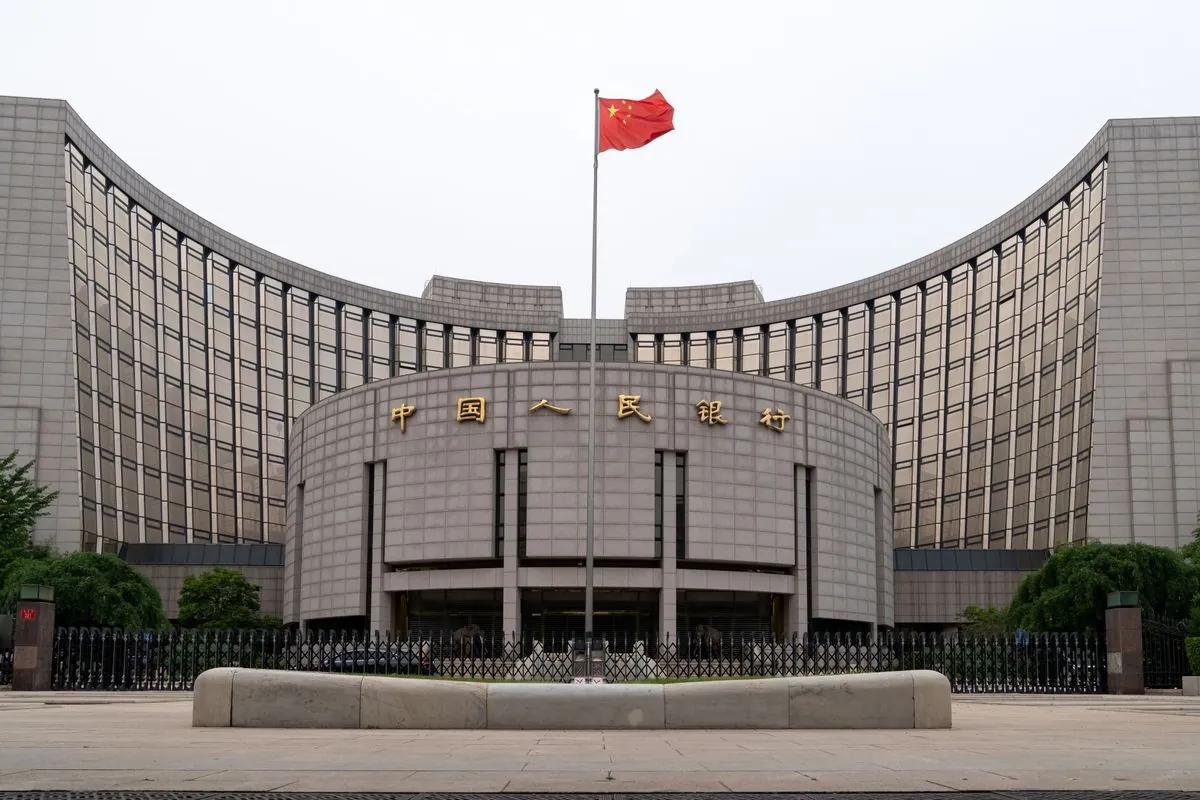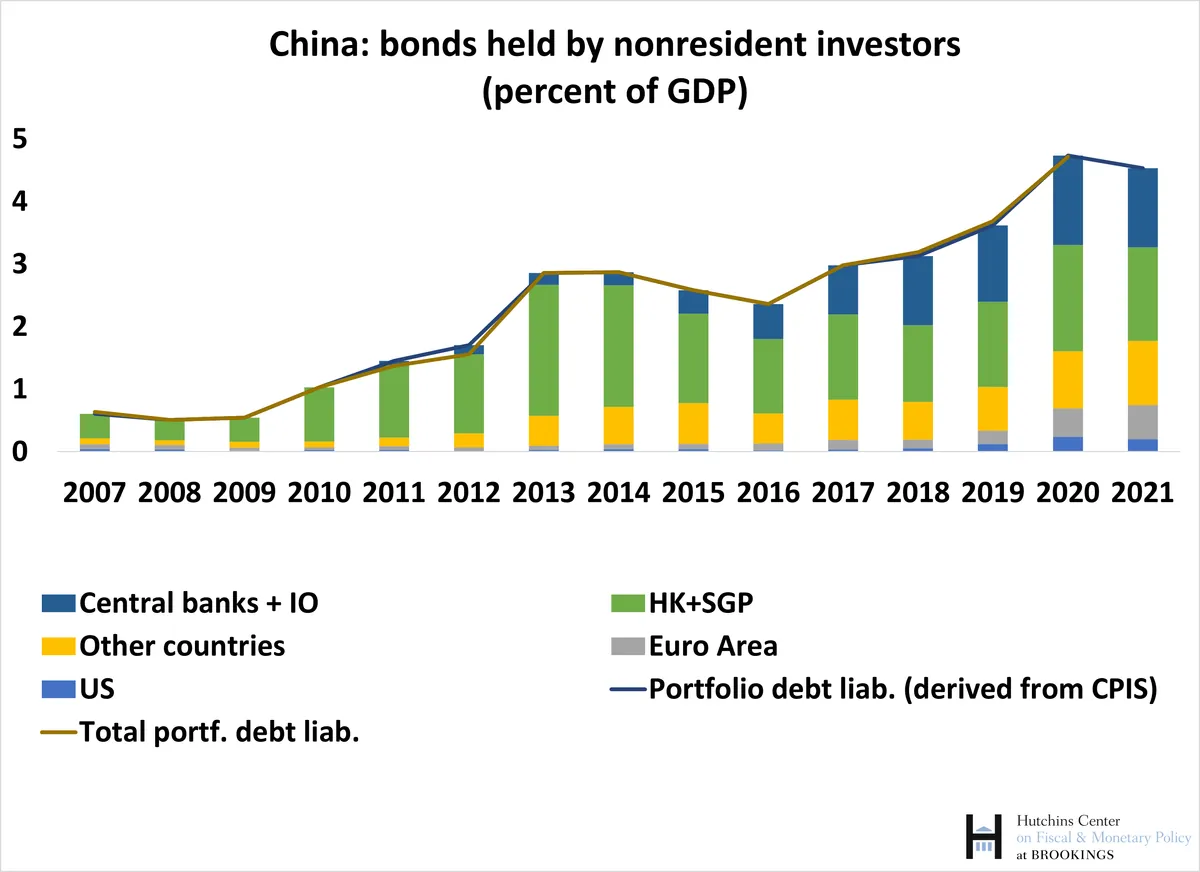China's Central Bank Warns of Risks in Long-Term Bond Investments
China's central bank cautions against excessive exposure to long-dated sovereign bonds, aiming to curb systemic risks. The move halts a prolonged bond rally amid concerns over economic slowdown.

China's central bank has issued warnings regarding excessive exposure to long-dated sovereign bonds, aiming to mitigate potential systemic risks in the world's second-largest bond market. This intervention comes as a response to a prolonged bond rally driven by investors seeking refuge from a decelerating economy and unstable stock markets.
Xu Zhong, deputy secretary-general of the National Association of Financial Market Institutional Investors (NAFMII), explained the rationale behind the People's Bank of China's (PBOC) recent actions. In an interview with PBOC-backed Financial News, Xu stated that the warnings are intended to "curb potential systemic risks that may be hidden by a unilateral downward trend in these rates due to herd behavior."
The PBOC's approach differs from unconventional monetary policies implemented by some economies to control government bond yield curves. Xu emphasized that the central bank has not set a specific range for bond yields, highlighting the distinction in China's strategy.

These warnings have effectively halted a frenzied bond rally, with trading volumes experiencing a significant drop over the past week. The increased scrutiny over brokers and banks' bond dealings has left traders searching for direction in the market.
Some key points to consider:
- Bond prices move inversely to yields
- The 10-year yield, a crucial benchmark, decreased by approximately 2 basis points following Xu's comments
- China's securities regulator has ordered certain brokerages to inspect their bond trading activities
- Some brokerages have voluntarily refrained from trading longer-dated bonds
Xu also addressed concerns about small lenders' aggressive trading strategies, noting that some institutions are not adequately sensitive to interest rate risks and are trading aggressively using household deposits. He suggested that such approaches may exceed their risk management capabilities.
"Some financial institutions' suspension of treasury bond trading in a 'one-size-fits-all' approach misinterpreted the central bank's intentions, going from one extreme to another."
It's worth noting that in early August 2024, Chinese authorities investigated four regional lenders for suspected market manipulation, highlighting the government's commitment to maintaining market integrity.
As China navigates these complex financial waters, the PBOC's actions underscore the delicate balance between fostering economic growth and managing potential risks in the bond market. The coming months will likely reveal the long-term impact of these interventions on China's financial landscape.


































